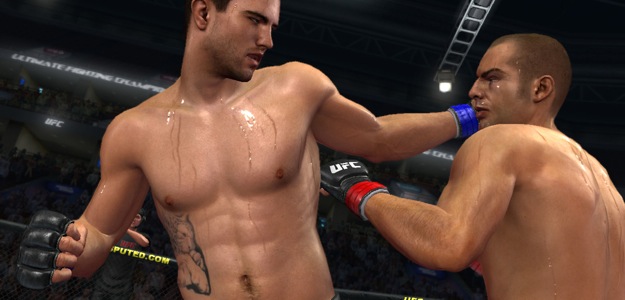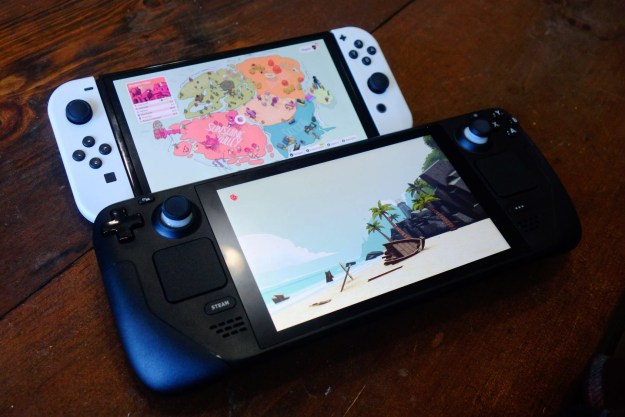 Troubled video game studio THQ is facing a lawsuit that it probably didn’t see coming over its UFC Undisputed game series, with a tattoo artist suing over the fact that one of the fighters in the game has been reproduced so faithfully to real life that his tattoo is clearly visible – a tattoo that is, according to the artist responsible, the intellectual property of the artist and used without permission.
Troubled video game studio THQ is facing a lawsuit that it probably didn’t see coming over its UFC Undisputed game series, with a tattoo artist suing over the fact that one of the fighters in the game has been reproduced so faithfully to real life that his tattoo is clearly visible – a tattoo that is, according to the artist responsible, the intellectual property of the artist and used without permission.
The tattoo artist in question is Arizona’s Chris Escobedo, who has filed suit against THQ over the “lion tattoo” sported by professional mixed martial artist Carlos Condit in both the video games UFC Undisputed and UFC Undisputed 3 and, well, real life. THQ may have thought that the likeness rights that it held for Condit in order to use him in the games would have covered such a possibility, but according to Escobedo and his attorney, Condit himself didn’t actually have the legal rights to his own tattoo in the first place, and so was unable to allow anyone else to use it.
“People often believe that they own the images that are tattooed on them by tattoo artists,” Escobedo’s attorney Maria Crimi Speth explained in a press release announcing the lawsuit against the video game studio issued last week. “In reality, the owner of the tattoo artwork is the creator of the work, unless there is a written assignment of the copyright in the tattoo art.” In this case, there was no such agreement between Escobedo and Condit, and as such, the tattoo – somewhat surreally – “belongs” to Escobedo.
For his part, Escobedo said that he “would not have agreed to the recreation of the tattoo by an animator” if he had been approached, although he went on to admit that he may have agreed had he been given approval over the artwork and financial re-numeration for the use of the tattoo. Underscoring that this may be more about money than artistic integrity, the lawsuit demands that THQ provide accounting for the games and the payment of profits, as opposed to any attempt to recall the games or delete the tattoo from future editions.
THQ has yet to publicly comment on the lawsuit.
This isn’t the first time that the intellectual property of a tattoo has led to legal action; in April 2011, the artist responsible for Mike Tyson’s distinctive facial tattoo famously filed suit against Warner Bros. in an attempt to delay or prevent the release of The Hangover, Part II because his tattoo design was replicated by Ed Helms’ character in the movie. That lawsuit was quickly settled, with the terms of the settlement private; it remains to be seen if a similar fate awaits Escobedo and THQ in this scenario.


